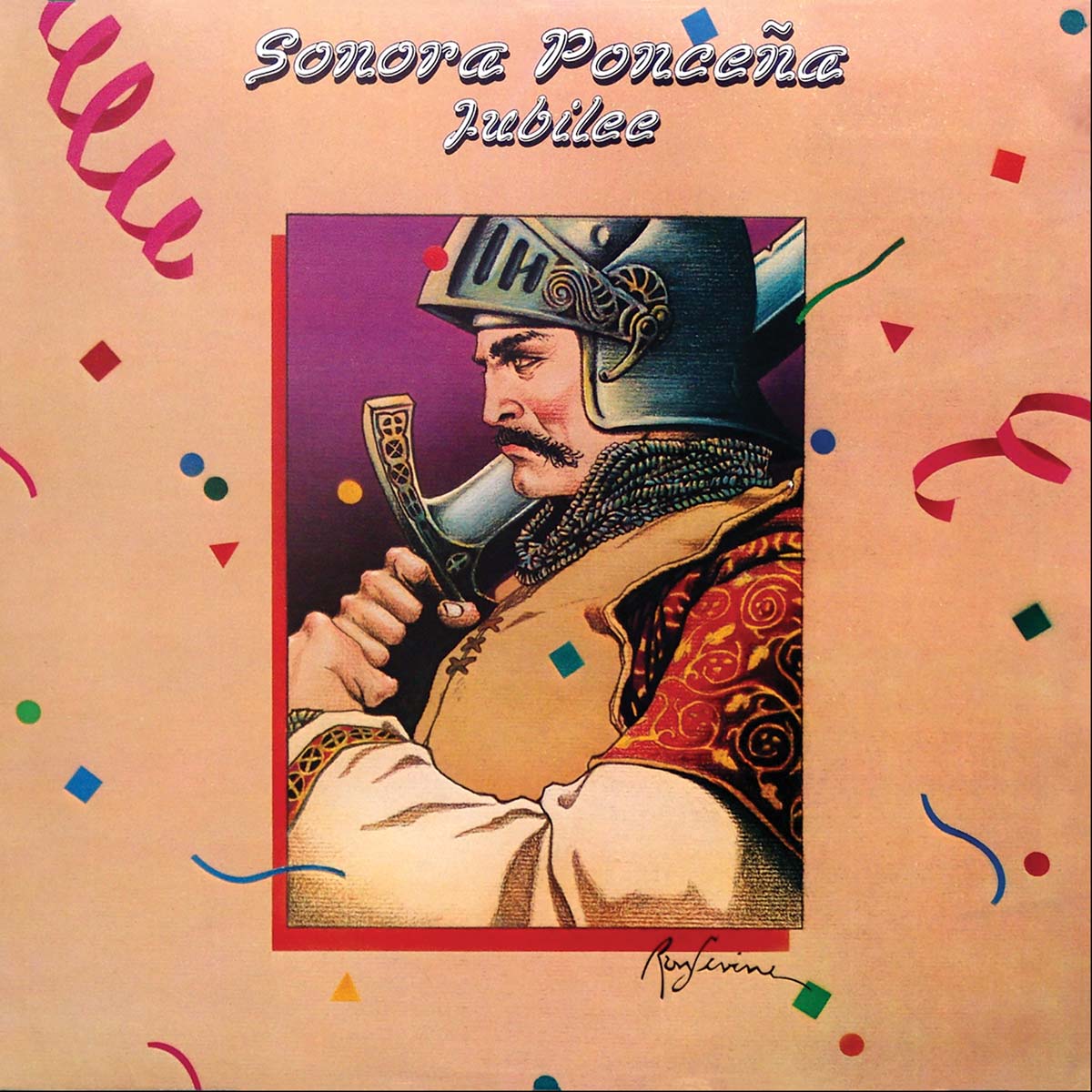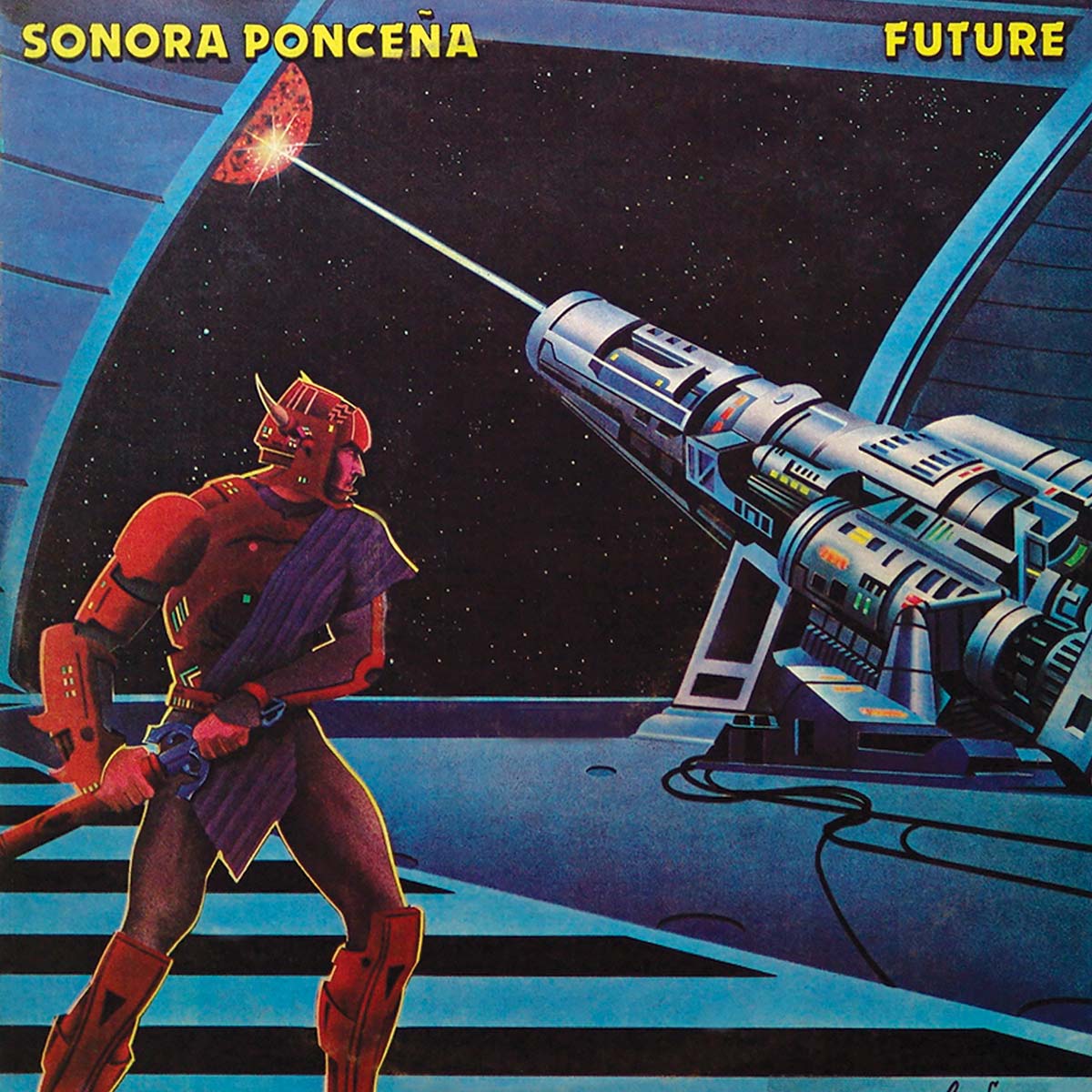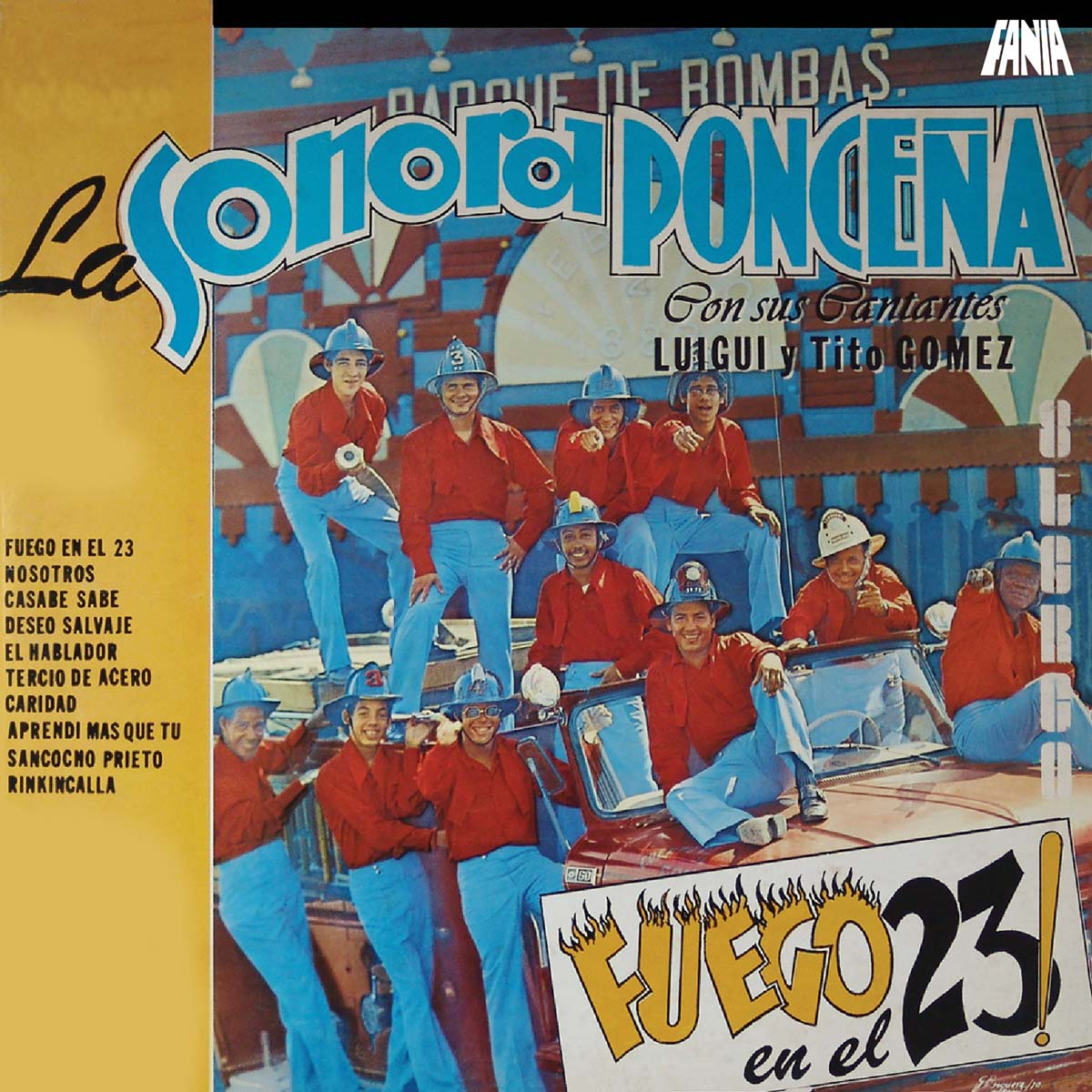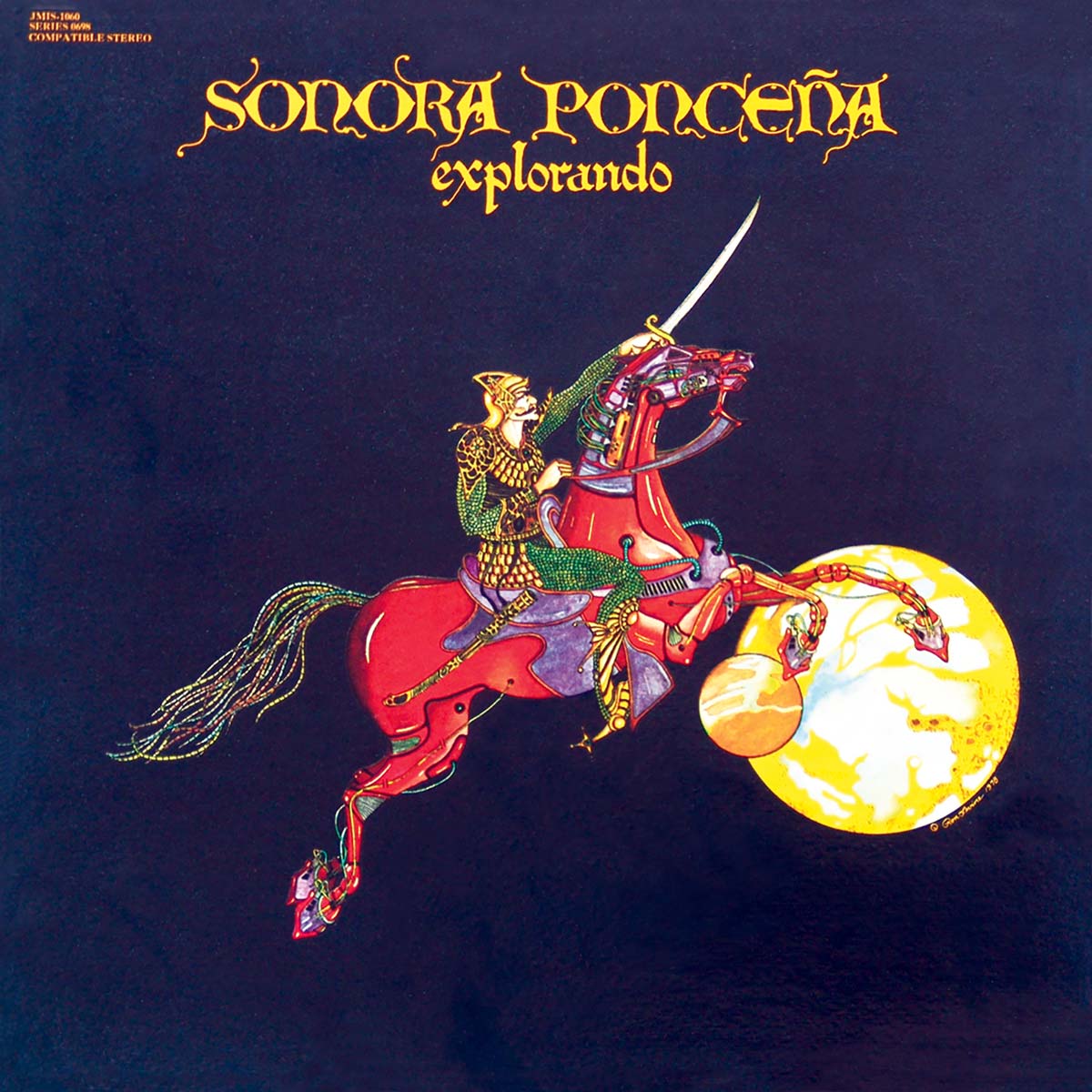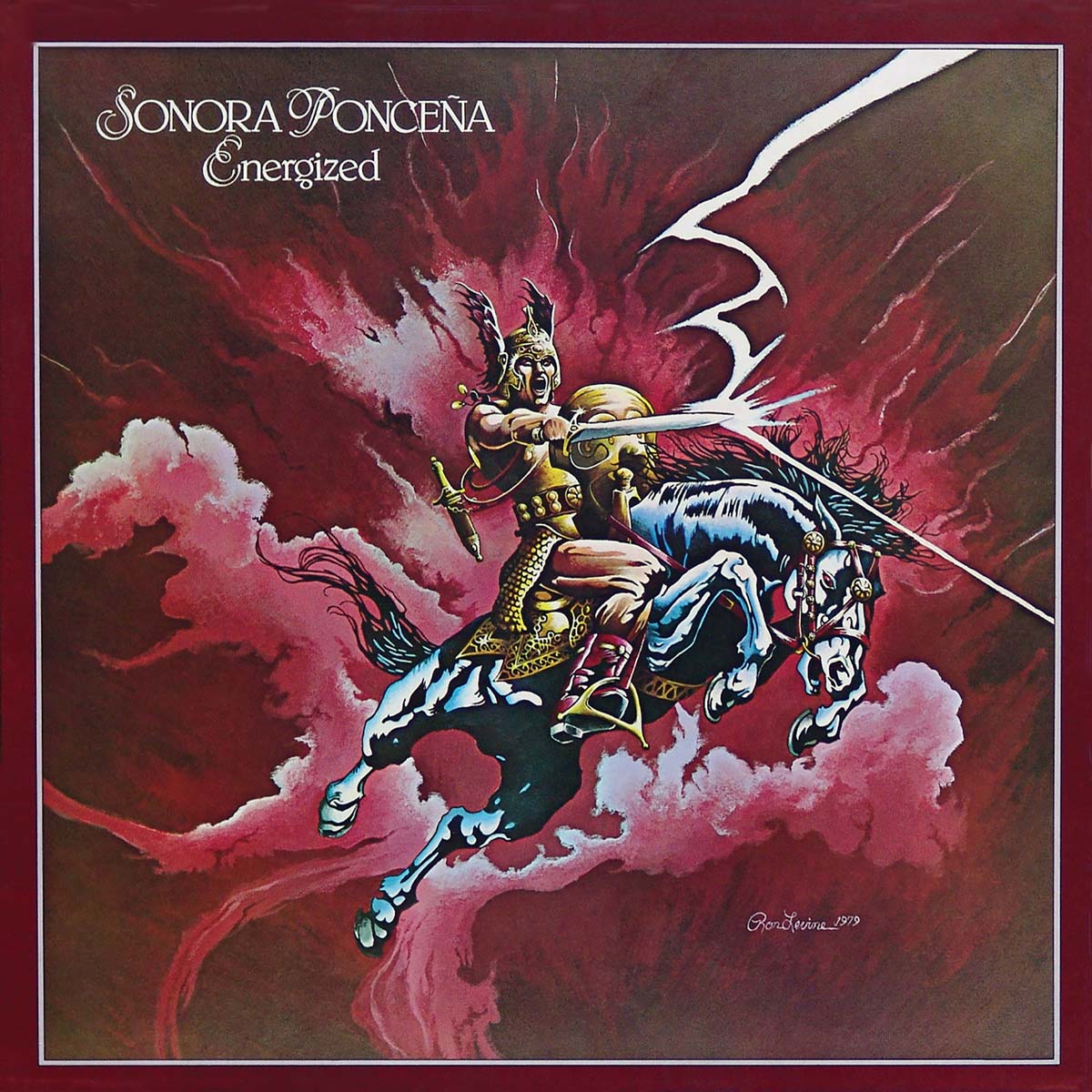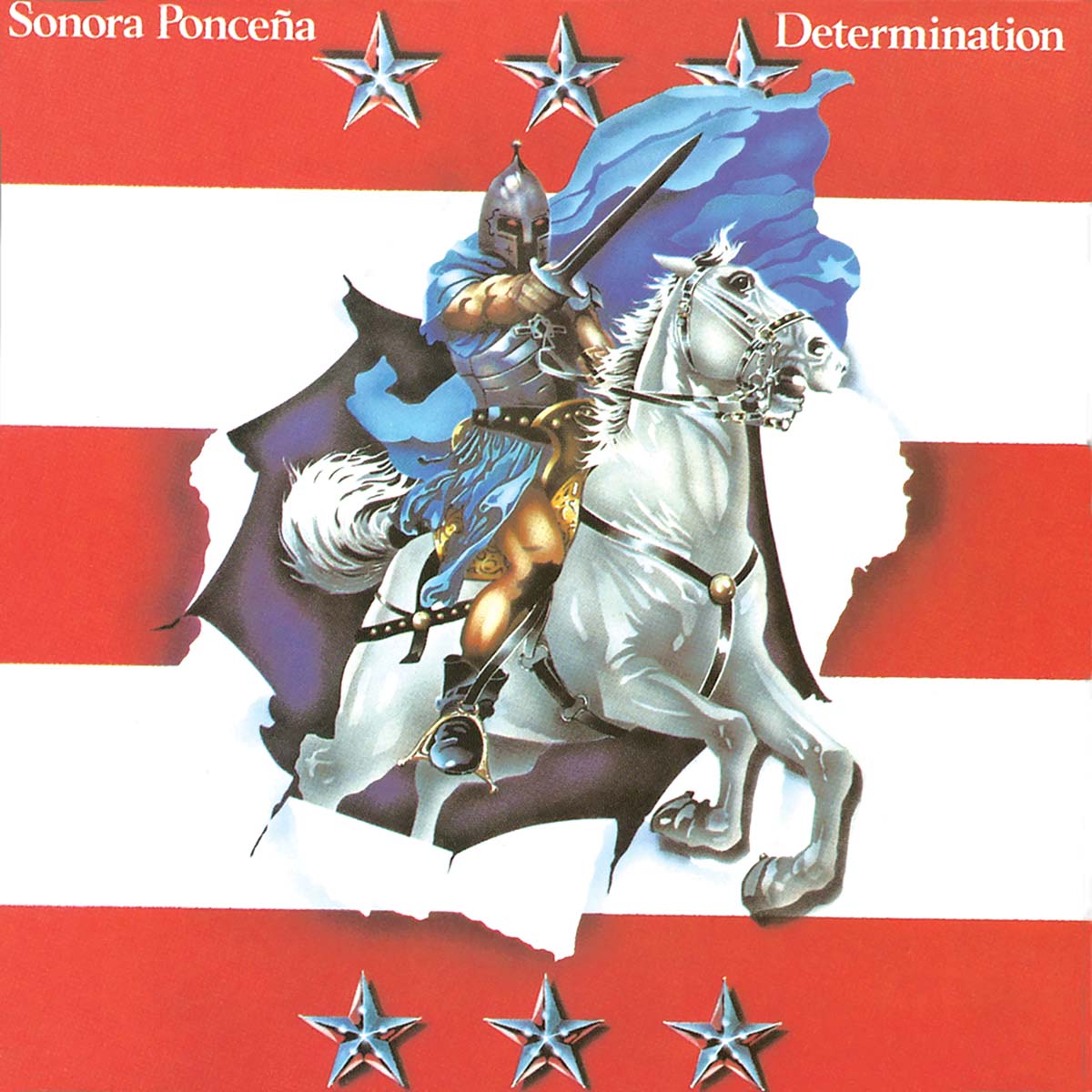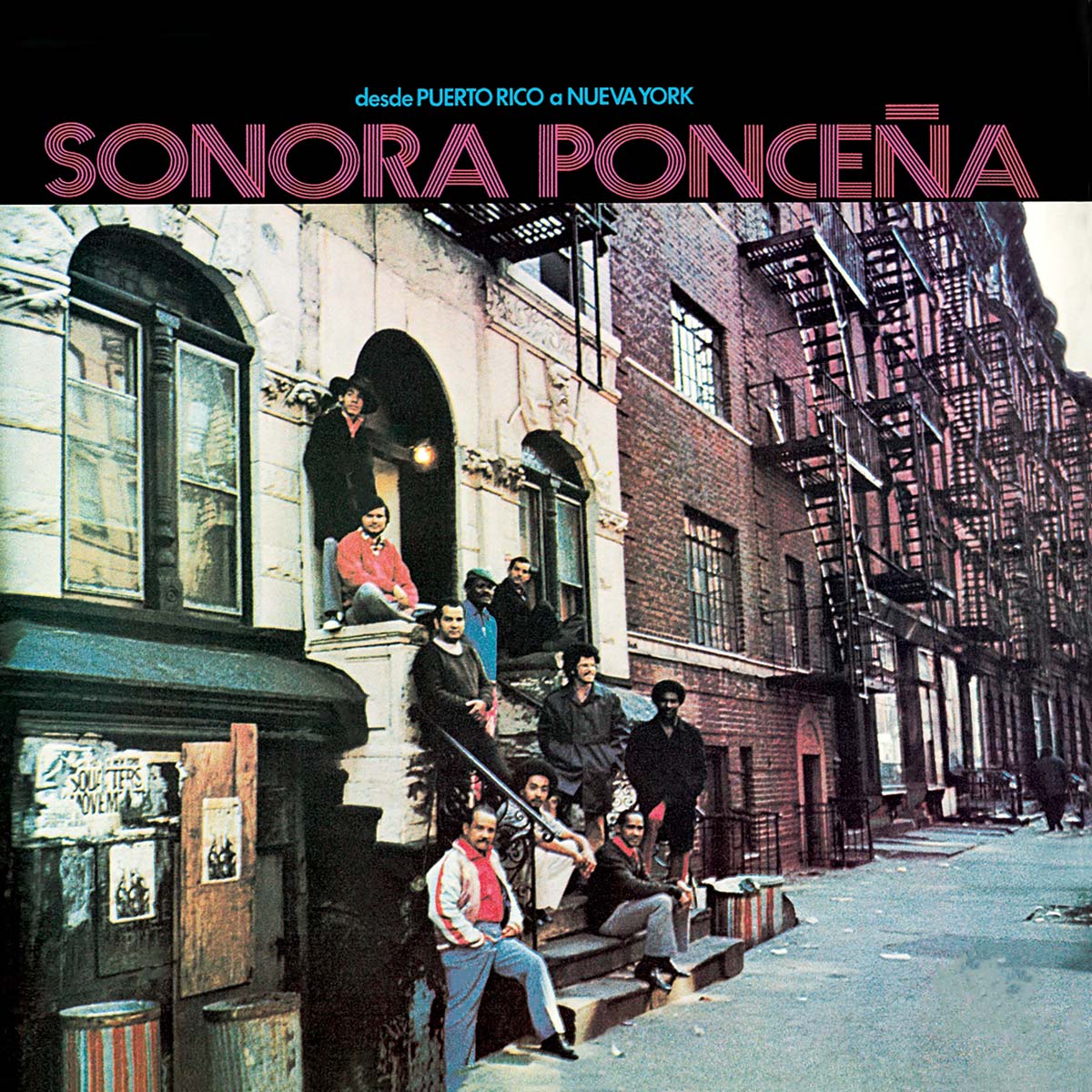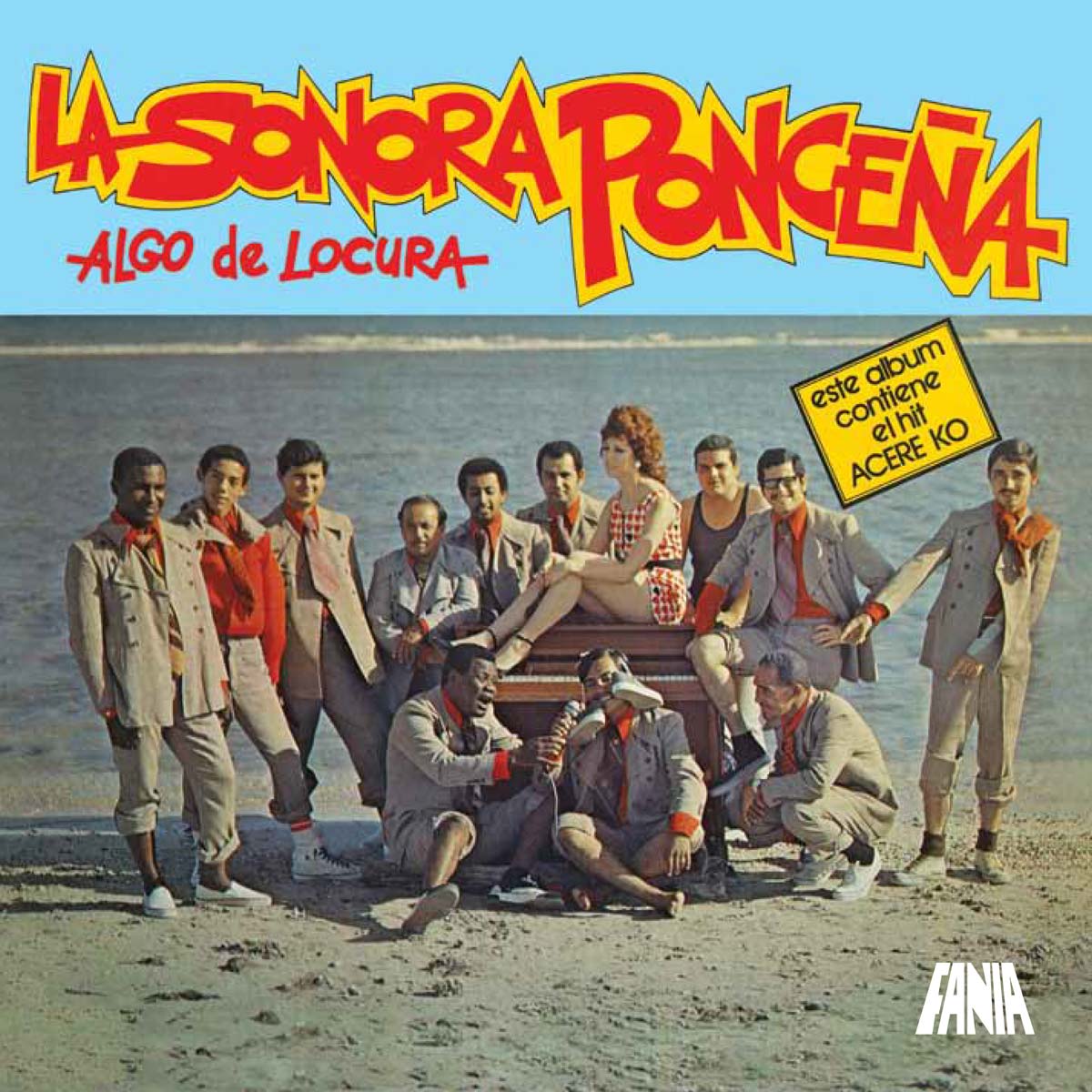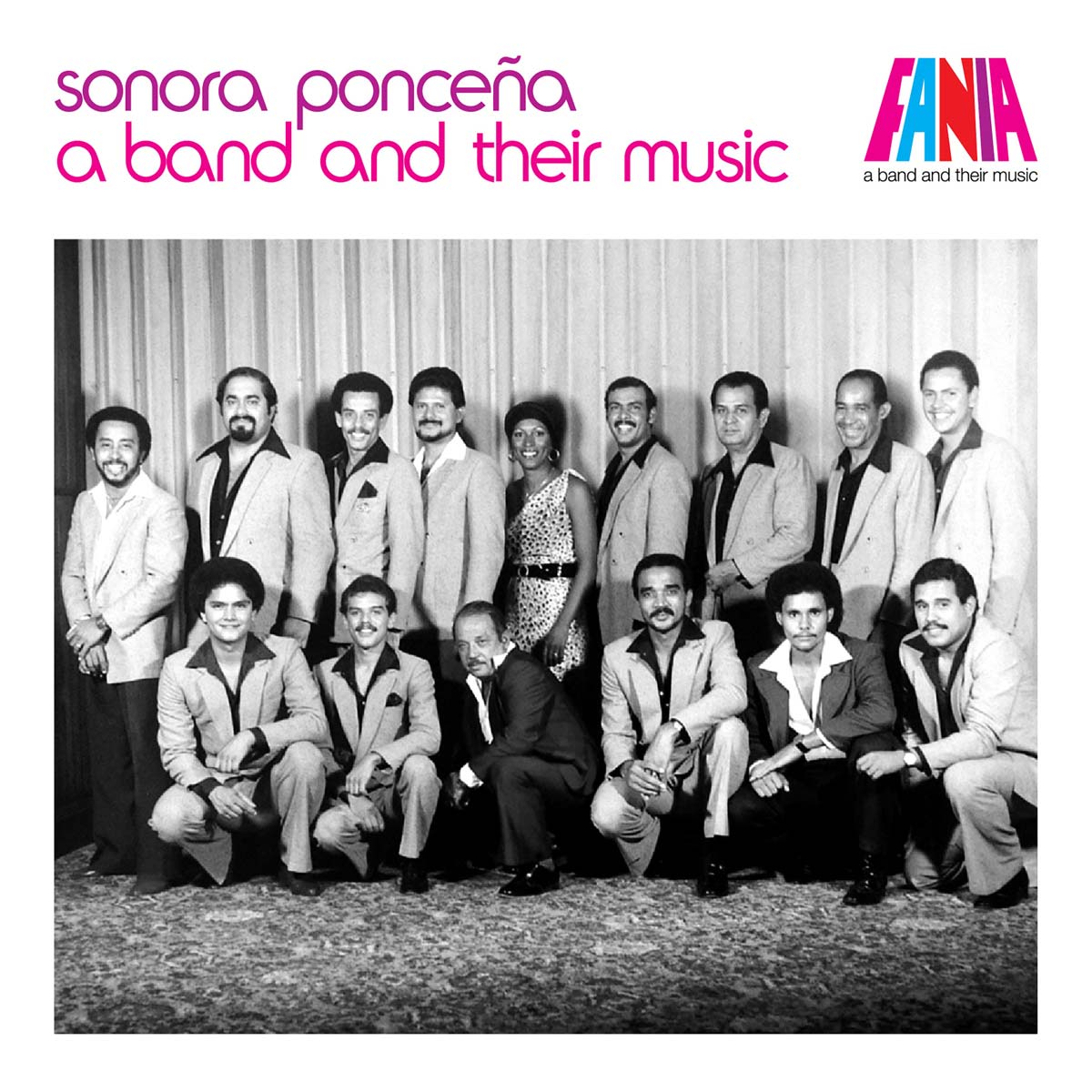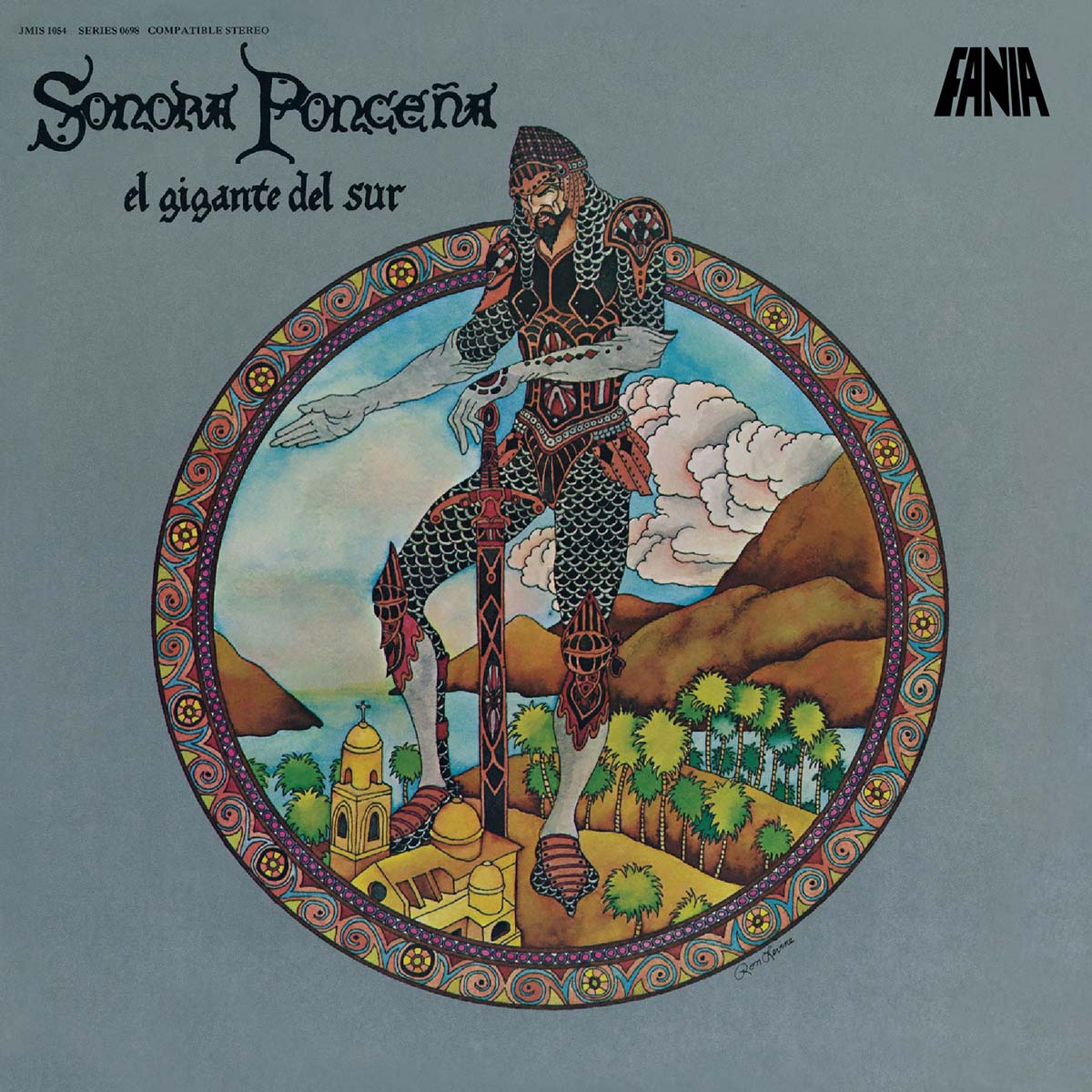
Even though she has been denied the exposure and recognition enjoyed by Cuban divas such as Celeste Mendoza, La Lupe and Celia Cruz, Puerto Rico’s Yolanda Rivera is one of the most versatile singers in Afro-Caribbean music. Rivera recorded with La Terrífica, but it was with La Sonora Ponceña that she produced her best work.
In 1977, El Gigante Del Sur (Inca 1054) marked her debut with the orchestra led by Quique and Papo Lucca, sharing the bill with singers Miguelito Ortiz and Luigi Texidor. The following year, Texidor would become a member of Bobby Valentín’s band, thus allowing for the return of vocalist Tito Gómez to the Ponceña fold. On her first Ponceña recording, Yolanda displays her versatility on the classic bolero from the Cuban filin movement “Soy Tan Feliz,” composed by José Antonio Méndez, and the merengue “Si No Me Meto” by Francisco Alvarado “Chalina” – the story of Marcela, a woman who looks for her beloved Joaquín at the Cantera de Ponce, beating him up when she finds out that he was busy partying. And yet, Yolanda’s most powerful cut on El Gigante Del Sur is the guaguancó “Rumba En El Patio.” Here, she proves her talent as an authentic sonera, able to improvise like the best names in the genre – a worthy succesor of Luigi on La Sonora’s most danceable numbers. Even though he would record again with the Sonora during the ’90s, Luigi’s farewell was a respectable affair. On El Gigante Del Sur, he lent his voice to the hits “Boranda,” “Noche Como Boca ‘E Lobo” and “Omelé.”
It was radio DJ Guillo Droing who named La Sonora Ponceña as “The Giants From The South.” Boasting a superb arrangement by Papo Lucca, “Boranda” is a salsified version of a song by Brazilian composer Eduardo Lobo. According to Lucca, it was Panamanian singer Rubén Blades who translated the lyrics into Spanish. A prophetic narrative, it talks about a land devastated by draught. Papo’s solo on the electric piano, coupled with his vocal scatting, is one of his most memorable contributions to the history of salsa. On “Noche Como Boca ‘E Lobo” by prolific songwriter Tite Curet Alonso, Luigi shines telling the story of a man who has been abandoned by his woman – a tragedy that he compares to an evening devoid of moonlight or stars. Seeped in laughter and dark humor, Luigi’s soneos demonstrate that he has been matched only by Marvin Santiago and Cano Estremera in sheer vocal prowess. His legacy of excellence on El Gigante del Sur includes the guaguancó “Omelé,” with outstanding contributions by Luigi and the entire orchestra – a conga solo by Vicente Rivero, the illustrious Little Johnny and the trumpet interplay of Tony, Delfín and Cuchy. Luigi’s talent can also be heard on a duet with Miguelito Ortiz – the bolero “Cuando Estemos Viejos” by Dominican/Venezuelan “Billo” Frómeta, founder of the legendary Venezuelan orchestra Billo’s Caracas Boys.
Miguelito, who became the Ponceña’s star vocalist following the departure of Luigi, performs the son montuno “Yeyey,” a pregón by René Márquez inspired by the many Puerto Rican delicacies made with pork as main ingredient: cuajo, mondongo and patitas. Here, Papo’s solo is appropriately mouth watering. Marked by Yolanda’s scats, “La Gotera” is a romantic guaracha that finds Miguelito comparing a sealed water leak on a rooftop with a romantic wound that must heal. Following the disco trends of the ’70s, El Gigante Del Sur concludes with “Nocturnal” and a trumpet solo by Luis “Perico” Ortiz, who is also the tune’s arranger. “Nocturnal” was the first instrumental recorded by La Sonora Ponceña – the band would go on to include a number of Latin jazz tracks in its repertoire.
Credits: Enrique Lucca “Quique” – Leader Enrique Lucca Jr. “Papo” – Piano Louis “Perico” Ortiz – Trumpet (“Nocturnal”) Ramón A. Rodríguez Tony “El Cordobés” – Trumpet Luis R. Castro “Cuchy” – Trumpet Delfín Pérez “El Del Café” – Trumpet Angel L. Hernández – Bongo, Cowbell Vicente Rivero “Little Johnny” – Conga Raymond Vega – Timbales Antonio Santaella “Tato” – Acoustic Bass Vocalists – Luis Guillermo Texidor “Luigi”, Miguel A. Ortiz “Miguelito”, Yolanda Rivera Producer – Louie Ramírez Assistant to Producer – Papo Lucca Recording Director – Quique Lucca Arrangements – Papo Lucca, Louis “Perico” Ortíz (“Nocturnal”) Recording Studio – La Tierra Sound Studios, N.Y. Sound Engineer– Jon Fausty Mixing – Jon Fausty, Quique Lucca, Papo Lucca Original Album Design and Illustration – Ron Levine Graphic Design – Louise Hilton Graphic Montage and Digital Processing – Remastered at – Miami Tape Liner notes by Jaime Torres Torres Editor – Richie Viera


